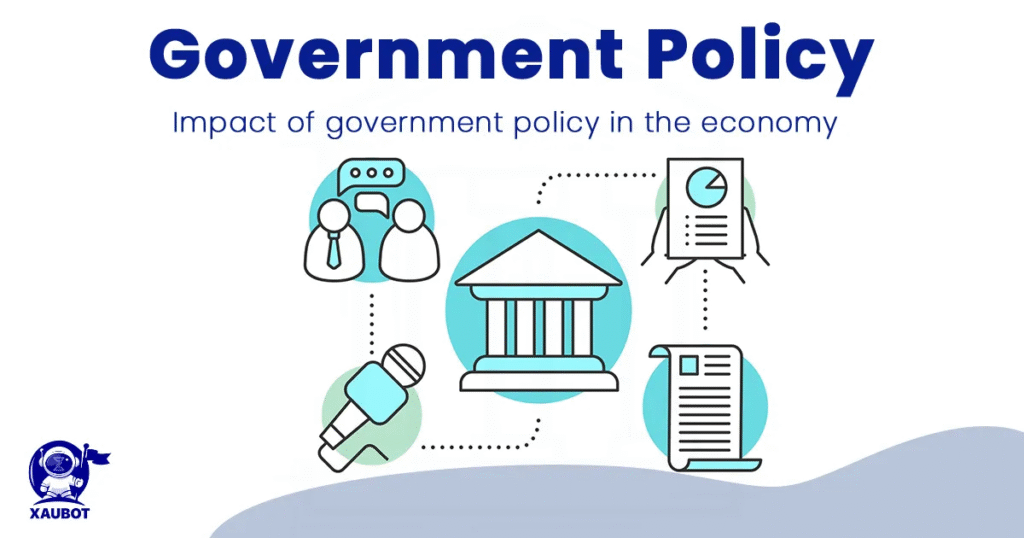Now Reading: Foreign Buyers Are Vanishing—Government Policies Could Be to Blame Now 2025
-
01
Foreign Buyers Are Vanishing—Government Policies Could Be to Blame Now 2025
Foreign Buyers Are Vanishing—Government Policies Could Be to Blame Now 2025

Table of Contents
Foreign investment in real estate and businesses has long been a vital part of many countries’ economic growth. From luxury apartments in New York to farmland in Australia, foreign buyers play a major role in shaping markets. However, in recent years, a wave of government policies has started to significantly change the way foreign buyers operate—and many are pulling back.
This article explores how new regulations, taxes, and restrictions are impacting foreign buyer activity across the globe. Whether you’re an investor, real estate professional, or simply curious, here’s what you need to know.
Why Governments Are Changing Policies

Governments often introduce new laws to protect local economies, housing markets, or national security. Over the last decade, a few key reasons have driven stricter policies:
- Housing Affordability: In countries like Canada and New Zealand, home prices have soared, partly due to high foreign demand. Governments are under pressure to make housing affordable for locals.
- Economic Protectionism: Some countries are moving toward protectionist policies, aiming to keep economic assets under national control.
- Security Concerns: Foreign ownership of land or infrastructure, especially from rival nations, raises concerns about national security.
- Revenue Generation: Taxes and fees on foreign transactions bring in extra income for governments.
Key Examples of Policy Changes

1. Canada’s Ban on Foreign Home Buyers
In 2023, Canada introduced a two-year ban on most foreign home purchases. The move aimed to cool the overheated housing market, especially in cities like Vancouver and Toronto.
Impact:
Foreign buyer activity dropped sharply, and some real estate agencies reported losing international clients. While home prices didn’t crash, local buyers had slightly less competition.
2. Australia’s Foreign Investment Review Board (FIRB)
Australia requires foreign buyers to get approval before purchasing property. The FIRB has become stricter, especially with investments coming from China.
Impact:
Some deals have been blocked entirely. The added red tape and approval time have deterred casual investors, although large-scale corporate investors still find ways in.
3. United States: Increased Scrutiny and CFIUS
The U.S. Committee on Foreign Investment (CFIUS) monitors deals involving foreign investors. In recent years, scrutiny has increased, especially for land purchases near military bases.
Impact:
Foreign investment in certain sectors, especially technology and agriculture, has slowed. Chinese investment, once booming, has seen major declines.
4. New Zealand’s Foreign Buyer Restrictions
New Zealand passed a law in 2018 banning most foreigners from buying existing homes.
Impact:
The move was praised domestically for keeping homes available for New Zealanders, but it also reduced luxury real estate sales and affected developers who relied on foreign investors.
How These Changes Are Affecting Foreign Buyers

- Increased Costs: New taxes like Vancouver’s “foreign buyer tax” or UK’s stamp duty surcharge have made buying abroad more expensive.
- Uncertainty: Frequent rule changes make long-term planning difficult. Investors now hesitate to commit without clarity.
- Shifting Focus: Some buyers are looking at “friendlier” markets where regulations are looser or more predictable, such as parts of Southeast Asia or Eastern Europe.
- Legal Hurdles: More paperwork, longer wait times, and approval requirements are discouraging casual investors.
Economic and Market Impacts
Real Estate Markets
In high-demand cities, prices may stabilize or dip slightly due to reduced foreign competition. However, in rural or luxury sectors that depend on international buyers, sales volumes have dropped.
Local Economies
Less foreign capital can mean slower development, especially in cities that rely heavily on foreign money for construction projects. Hotels, resorts, and tourism-linked real estate have also felt the pinch.
Developers and Agents
Real estate professionals are adjusting marketing strategies, shifting focus to local and regional buyers, and navigating more complex legal frameworks.
What This Means for the Future
Governments are unlikely to fully reverse these policies soon, especially given rising nationalism and the growing focus on local affordability. However, the landscape remains dynamic. Some possible future trends include:
- Digital Nomad Visas: Countries may offer easier rules for wealthy remote workers instead of traditional buyers.
- Conditional Investment Programs: Like “Golden Visas,” where property investment includes residency or citizenship.
- Smart Taxes: Targeted taxes that allow foreign buying but capture higher revenue for public services.
What Foreign Buyers Should Do
- Stay Informed: Regulations can change fast. Always research the latest policies in your target country.
- Work With Local Experts: Use legal and real estate professionals who understand local rules.
- Be Flexible: Consider alternative markets or different investment types, such as commercial real estate or development projects.
Final Thoughts
Government policies are reshaping the global investment map. For foreign buyers, the game is changing—but not over. With good planning, strategic choices, and local guidance, foreign investors can still find opportunities. However, ignoring these new policies could lead to costly mistakes or missed deals.
Read More:- Shobha Realty Launches Its Most Luxurious Project Yet—Full Details Inside 2025






















